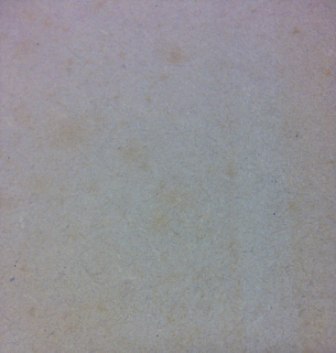MDF stands for medium density fibreboard because it is a manufactured fibreboard similar to particle board. The difference between the two is the size of the particles, particle board is made from larger wood chips and medium density fibreboard is made from a very fine wood dust.
Medium density fibreboard is made basically the same way as particle board which is by gluing the fibres together with a resin and then compressing the board under heat, later the board is cut into appropriate lengths after it has dried.
The resin used in this fibreboard is toxic and because the fibres are so fine they are easy to breathe in so the timber should be cut in a well ventilated area or somewhere with a dust collection system.
Fibreboard is a useful woodwork product mainly used in cabinet making due to its affordability, lack of natural defects and range of sizes. Medium density fibreboard is usually covered with a plastic laminate and sealant to increase the aesthetics and prevent the fibres from becoming loose and airborne.
Advantages:
- It is cost effective
- It's available in many sizes
- Has no natural defects
- Can be easily machined
Disadvantages:
- Contains toxic resins which means the saw dust created is dangerous
- Not suitable for most joints
- Should be fully sealed to prevent toxins from escaping
- Can split
- Needs to be cut in ventilated areas or in a room with a dust collection system
